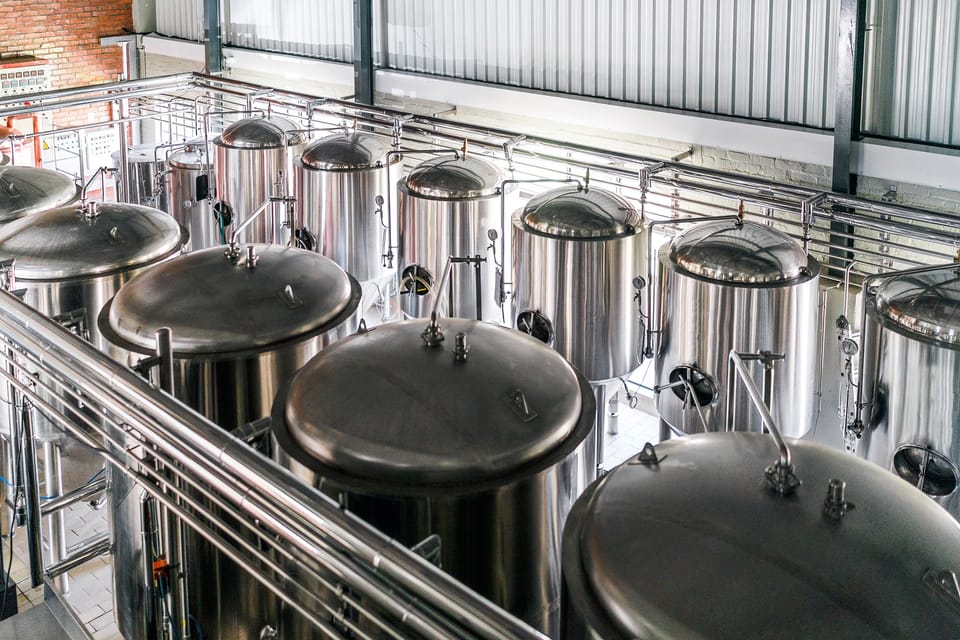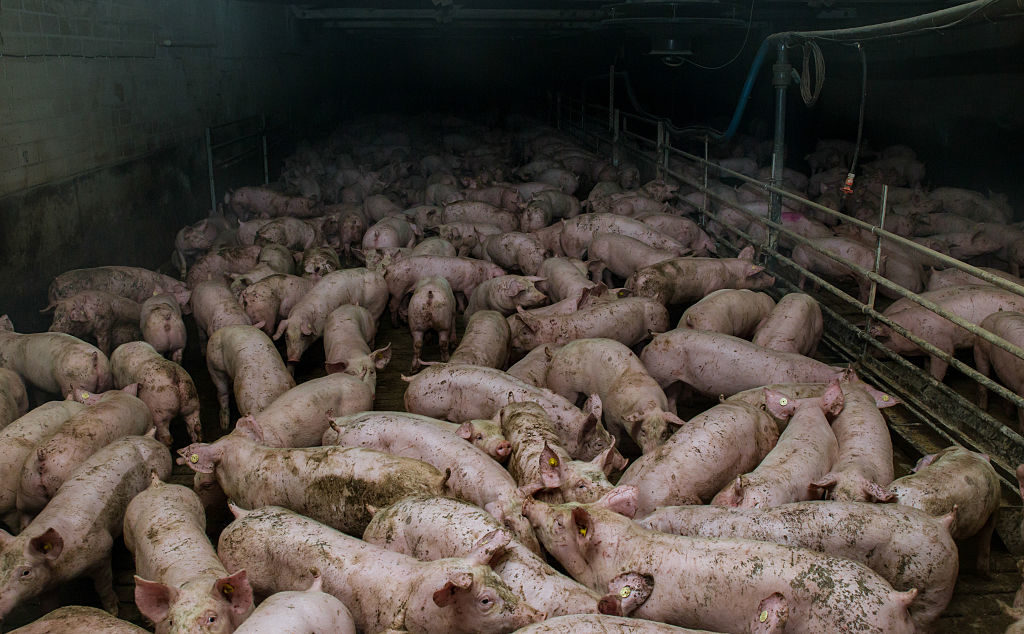How not to reboot food

On the 16th of November 2022 the Reboot Food campaign launched their manifesto for a new way of feeding the world’s people. The campaign is spearheaded by George Monbiot, famous for bringing climate criticism into the mainstream.
The problem we face is by now as pressing as it is obvious. Agriculture is wrecking the planet, and most of this comes from animal farming. Meat, eggs, milk. A whopping 28% of all of the world’s land is being used for farm animals.
This is bad in two ways. Live-stock farming is a massive emitter of greenhouse gasses and a source of pollution (as well as animal suffering). And second, the land now used for grazing or animal feed production could have been occupied by trees and biodiverse ecosystems.

Reboot Food wants to fix this. What do they want? Well, they want to stop animal farming. Just phase it out and make it a rarity, if not something non-existent.
In a webinar organised by Reboot Food Sylwia Spurek said that, ideally, a ban on new farms will be introduced in 2025, and in 2040 a ban on animal agriculture altogether. Plant-based food should be subsidised, and schools should educate children about the importance of animal rights and a plant-based diet. Spurek is right. This is the only sensible way forward, though we know that governments will as always delay these policies until it’s too late.
But unfortunately, this is not all that Reboot Food want.
'Brew don't slaughter'
Not only does RebootFood want to stop animal farming, they want to replace it with something. And this is where my eyebrows begin to shape themselves into a frown.
“Animal farming should be phased out,” they write in their manifesto, “and replaced by identical precision fermentation products wherever possible.”
The term ‘precision fermentation’ seems something that was conjured up in a marketing office. It is faddish and misleading. For this is what it really means: fermentation using genetically engineered microorganisms as starters (Terefe 2022).
Imagine your trusty sourdough culture (mine is called Irma, it's a yeast culture), but then genetically modified so that it produces the proteins you find in milk or meat. Brewing milk---it's already possible and starting to become commercially viable.
Note, then, that 'precision' fermentation is not about precision at all, it’s fermentation with an engineered outcome. ‘Synthetic fermentation’ might have been a better term to pick.
Precision legislation?
I'm not in principle opposed to synthetic food production, even if it uses genetic modification. But in a manifesto about how to save the planet from animal farming, the proposal is just too specific.
"If it rains outside, you don't just need any raincover... you need the newest model raincoat of FabulousBrand™!" Any message of this form makes me suspicious, because it sounds like commercial advertising to me. The challenge of rethinking agriculture is sprawling and entwined with many other parts of society, and then it turns out there’s this ‘one weird trick’ that will solve all our problems? How convenient.
The organisation GMWatch has already expressed its worry that Reboot Food may turn out to be just a front for the industries that currently develop genetically modified organisms (GMOs) for the food sector.
I understand these concerns. The Reboot Food manifesto can easily be interpreted as a Trojan horse. Among the manifesto's many sensible proposals, the authors slip in one that urges governments to "legalise gene editing, genetic modification and other new breeding techniques".
Even if you are enthusiastic about the possibilities offered by precision fermentation, there's a value to precision legislation as well. The blanket allowance of controversial and potentially dangerous GM-techniques proposed by Reboot Food is the opposite of being precise and tailored.

The lure of the technical fix
But there’s another thing that I find deeply troubling about the spirit of Reboot Food's manifesto. It traces the choreography of the technical fix.
This is how that familiar dance goes. Humanity is faced with a problem, in part caused by technology. The solution to this is... more technology. Just a little bit more, mind, and very precisely designed. And then all will be fine.
Now, don’t get me wrong, I don’t believe for a second that we can do without technology. But in many cases, the problems we face are first and foremost political, cultural, or social problems, and more often than not these require social or political solutions. That's almost always hard work, requires persuasion, perhaps even social struggle. You'll probably lose some friends. And this why there's something childishly compelling about the sterile and 'modern' alternative of the technical fix.
A case in point is how the international community responded to the COVID-19 pandemic. The choreography was predictable. There we were, faced with an infectious and airborne disease, which required significant behavioural change and protective measures to suppress. A proper response would have required education, changes to behaviour and infrastructure, better air quality controls, etc. But instead, we ended up focusing all our hopes and energy on ‘precision pharmacology’, i.e. a to-be developed vaccine. And here we are, the vaccine does a reasonable job for many people, but certainly not for all and it doesn’t prevent the virus from spreading. The ‘technical fix’ wasn't a fix at al, because it didn’t address the political, cultural, and social obstacles that keep the pandemic going into its third year. But of course some people did make a lot of money.
The idea that we can prevent ecological collapse by putting our hopes and energy in a technical fix is in one word lazy. "Trust us, you don’t have to change your ways, because given sufficient investment and ingenuity someone will come up with a gadget that will fix things."
Only the gadget won’t fix things. Not a pandemic, and not our climate.
I'll close with a quote, ironically from Monbiot himself:
Beware of simple solutions to complex problems. That is a crucial lesson from history; a lesson that intelligent people in every age keep failing to learn.